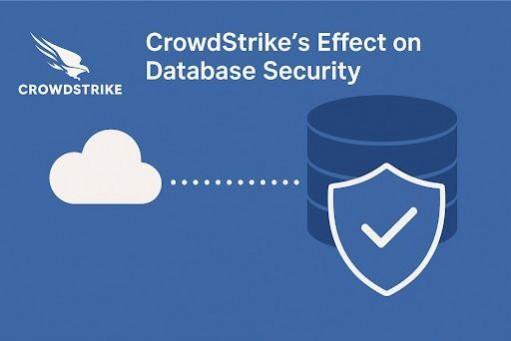
The proliferation of cloud-native and hybrid databases has intensified the need for advanced cybersecurity measures to counter sophisticated threats like zero-day exploits and SQL injections. According to Sudheer Kolla in his article, CrowdStrike, a prominent cybersecurity firm, leverages its Falcon platform powered by AI, machine learning, and behavioral analytics to safeguard database integrity, confidentiality, and availability. This shift toward AI-driven security and Zero Trust models offers significant opportunities to enhance protection.
Strengthening Database Protection with AI and Zero Trust
CrowdStrike's Falcon platform provides robust database security through real-time threat detection, analyzing query patterns and privilege changes to preempt attacks like malicious scripts and insider threats. Its Zero Trust approach, requiring continuous verification and minimal access privileges, reduces vulnerabilities from compromised credentials. This enhances database resilience, particularly in cloud environments, by ensuring only authorized actions proceed. Behavioral analytics further bolsters this by identifying anomalies early, offering a proactive defense against escalating breaches.
CrowdStrike's Security Architecture and Implementation
CrowdStrike's Falcon platform integrates AI anomaly detection, machine learning, and Zero Trust principles into a cohesive security framework. It monitors database activities in real time, leveraging cloud infrastructure for scalability and responsiveness. Sudheer Kolla mentioned key features include behavioral threat analysis, privilege verification, and automated responses to suspicious actions. While effective in dynamic environments, its reliance on cloud connectivity necessitates hybrid architectures combining cloud and local systems to mitigate risks and enhance flexibility.
Conclusion: The Future of Database Security with CrowdStrike
According to Sudheer Kolla in his study, CrowdStrike's AI-driven and Zero Trust innovations mark a significant leap in database security. The future lies in hybrid frameworks that balance cloud efficiency with local redundancy, alongside enhanced AI and regulatory alignment. Embracing these advancements will ensure databases remain secure, resilient, and trusted in an increasingly complex digital world.

















